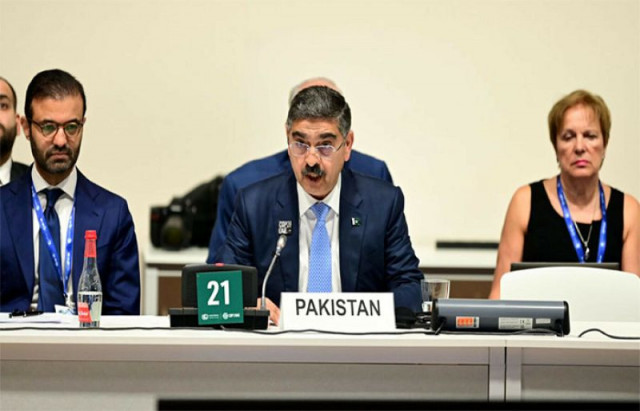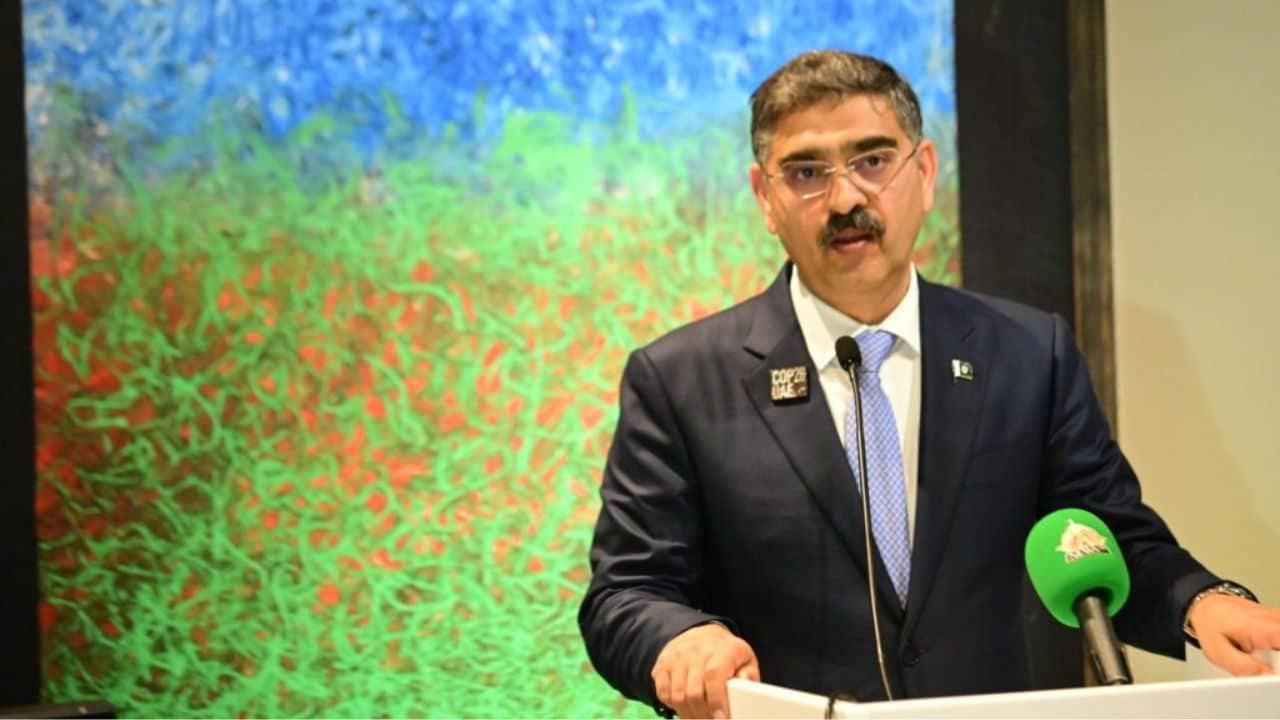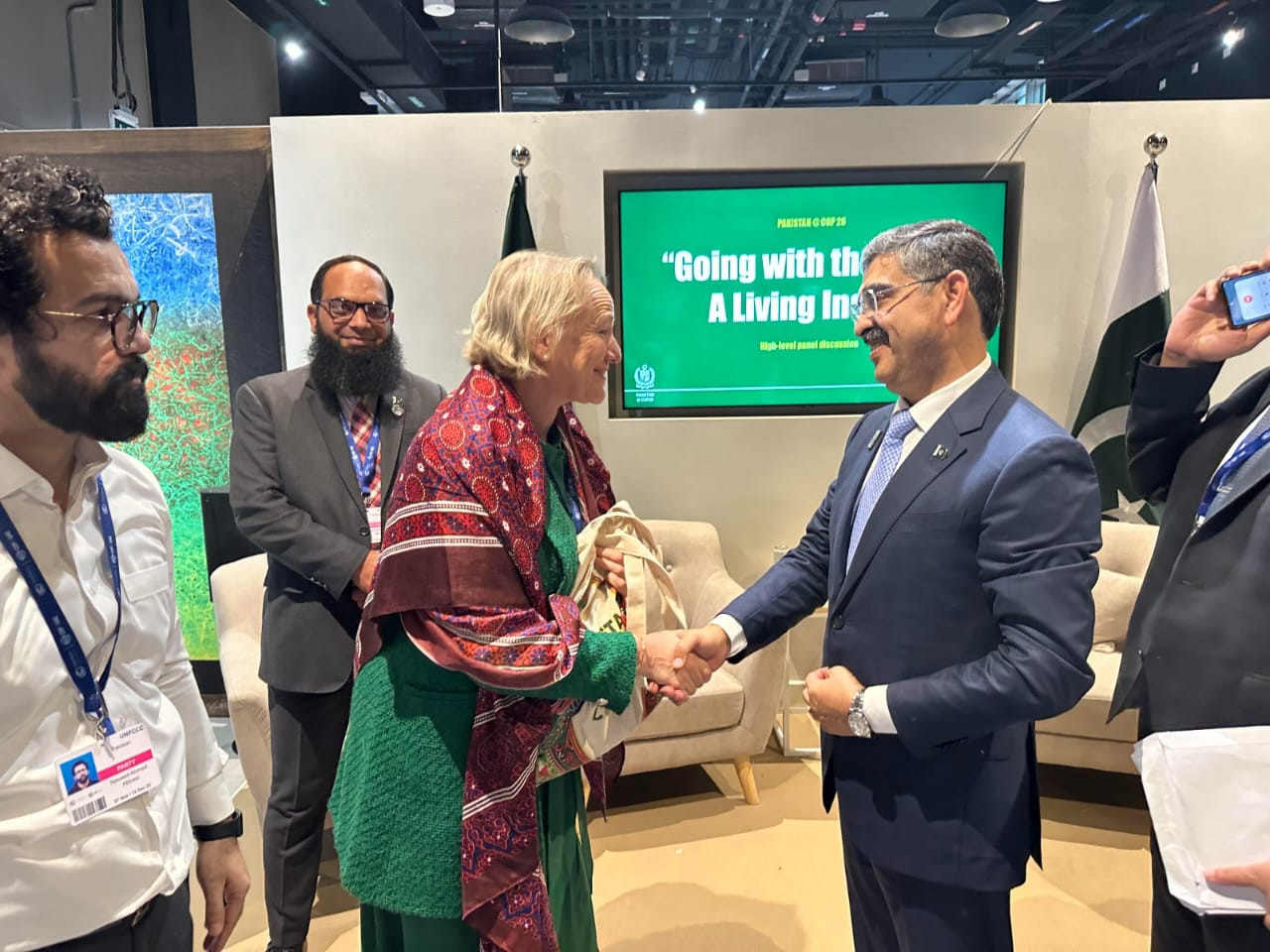The great loss and damage fund debate
Experts and activists express both hope and skepticism about the fund’s adequacy and accessibility for Pakistan

The international conference on climate change in the United Arab Emirates is making headlines, especially with the announcement of the "Loss and Damage Fund." This fund aims to provide financial assistance to countries vulnerable to the adverse effects of environmental changes, particularly those facing challenges due to the high carbon emissions of larger nations.
The UAE, as the host country, has pledged $100 million to the fund, demonstrating its commitment to addressing climate-related issues. Other noteworthy contributions include Germany's $100 million, the UK's £40 million for the fund and £20 million for additional arrangements, Japan's $10 million, and the U.S.'s commitment of $17.5 million.
The establishment of the Climate Summit and its dedicated fund marks a significant milestone in global efforts to combat climate change. Sultan Ahmed Al Jaber, leading the Global Climate Summit, emphasized the importance of practical and tangible results, stating, "Now the real work begins." He pledged personal involvement and a sincere effort to tackle the challenges posed by environmental changes.
The Loss and Damage Fund is particularly crucial for smaller nations, like Pakistan, that bear the brunt of climate change impacts. Last year, the COP27 summit in Egypt acknowledged the devastating floods in Pakistan. However, the Loss and Damage Fund will specifically assist vulnerable countries, addressing the environmental crises caused by major carbon-emitting nations.
While substantial commitments have been made to the fund, experts highlight the significance of the Climate Summit's initial week in announcing the establishment of the environmental fund. Sultan Al Jaber's financial contribution from the oil-rich UAE adds weight to the fund's credibility.

In the broader context, Pakistan, as one of the most vulnerable countries affected by climate change, needs to leverage such global initiatives to secure its share in climate finance. Despite being a relatively minor contributor to pollution, Pakistan's role in mitigating climate change effects remains crucial. The Priminister of Pakistan seems to be very hopeful about the “Loss and Damage Fund, “The announcement of the Loss and Damage Fund has sparked discussions about its effectiveness and whether it will be sufficient for countries like Pakistan. An optimistic perspective suggests that Pakistan, aligning with its National Climate Adaptation Plan, can utilize these funds wisely for initiatives like afforestation and renewable energy.”
In accordance with the perspectives of Pakistani climate experts and activists, there is growing apprehension surrounding the allocation of funds designated for loss and damage. Aftab Alam Khan is a climate activist and CEO of “Resilient Future International” working extensively on Climate justice demands and adaptation, “Concerning the Loss and Damage Fund, diverse opinions exist. It has been approved, but questions remain about how accessible and substantial it will be. The World Bank's report suggests an annual need of $50 billion for climate resilience testing, yet the current commitments to the fund total around $450 million.
"What they are stating is that throughout the history of climate agreements, there have been commitments in the hundreds of billions. Azra, a climate activist participating in COP28, voiced her skepticism regarding "Loss and Damage," dismissing it as nothing more than empathetic slogans. Specific figures detailing the current situation are unclear. These commitments will on materialize once the funds are actually received. It's a global fund, and if only a small amount is contributed, it won't solely benefit Pakistan; crises are pervasive worldwide. Forest fires, droughts, floods, and consecutive typhoons are ongoing issues.
A recurring theme is the principle of CBDR (Common But Differentiated Responsibilities). It directly addresses who is responsible for carbon emissions. The term 'pledges' implies making people look foolish, determining who is contributing and who is not.."Zainab Zahid, a youth climate delegate from Pakistan said,” It is essential for Pakistan to work diligently to ensure the fund's effective implementation and to streamline the application process. The challenge lies in making the funds quickly accessible to reach vulnerable populations. Additionally, efforts should be made to ensure that the fund provides grants rather than loans, considering Pakistan's existing debt burden.

Hafiz Jawaad, The Cofounder of “Climate Forward Pakistan” said, while the approval of the Loss and Damage Fund is a positive development, the allocated amount raises concerns about its adequacy. Implementing and operationalizing this fund will take time, but the focus should be on making it accessible and efficient. The UAE's contribution is commendable, but reservations persist, especially regarding the involvement of the World Bank, which has historically burdened countries like Pakistan with loans during climate crises.
Climate experts say that the UAE's commitment to the Loss and Damage Fund opens the door as the first country to contribute, signifying a step towards addressing environmental challenges collectively. The COP28 conference, taking place from November 30 to December 12 in Dubai, is the largest environmental conference in history, with over two hundred heads of state and government participating – doubling last year's summit attendance.
Afifa Nasar Ullah is a freelance contributor and multimedia journalist.
This story was produced as part of the 2023 Climate Change Media Partnership, a journalism fellowship organized by Internews' Earth Journalism Network and the Stanley Center for Peace and Security
All facts and information are the sole responsibility of the writer



















COMMENTS
Comments are moderated and generally will be posted if they are on-topic and not abusive.
For more information, please see our Comments FAQ